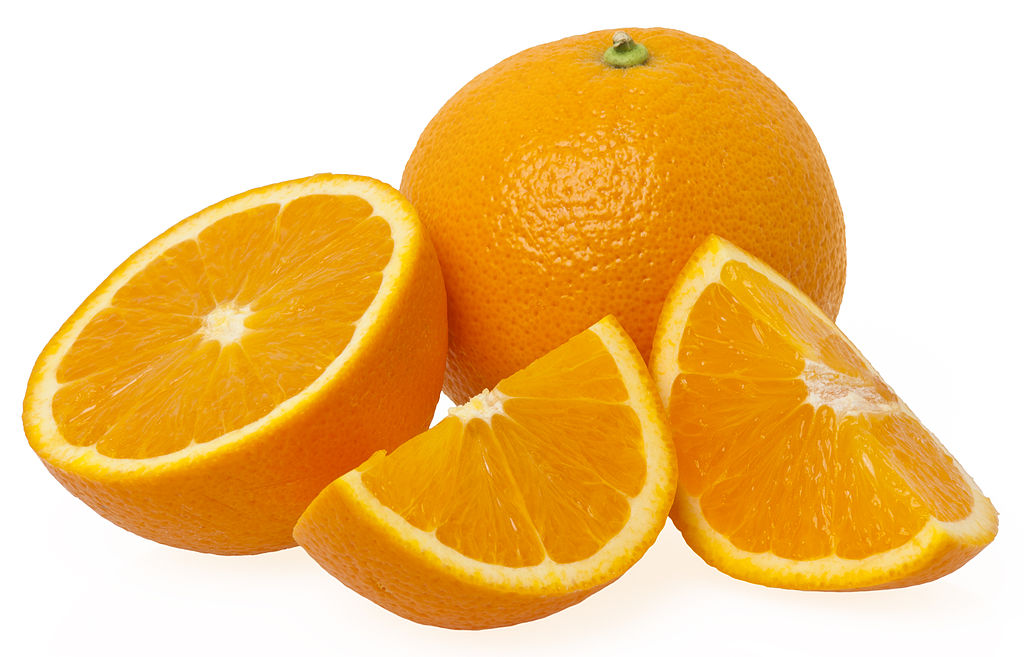The TPP and Fresh Produce Imports in Japan
What the Trans-Pacific Partnership could mean for fruit and vegetable exporters
Oranges are one of the possible opportunities for imports in Japan, a country where the population is steadily shrinking and consumption of agricultural products likely to decline, says the US Department of Agriculture (USDA).
That’s because oranges are sensitive to price drops – lower prices bring higher consumption – and thus among the opportunities for growth that could be filled by imports, the USDA’s Economic Research Service said in its new report “Japan’s Agri-Food Sector and the Trans-Pacific Partnership (TPP)“.
It’s hoped a TPP agreement will see the reduction or even elimination of Japanese import tariffs, which could significantly lower the prices of imported products including oranges.
Demand strong in Japan for organic and local food
Organic food is another area where demand for agricultural products is increasing in Japan – against a backdrop of otherwise “sluggish growth in the volume of consumption” – because consumers worry about “food safety, quality, healthfulness, and production methods.”
There is significant concern about metabolic syndrome (including about excessive weight), another reason “foods and beverages perceived as heart-healthy – including fruits, vegetables, seafood, wine, and tea – are likely to be more popular as a result.”
Meanwhile, the “recent popularity of local food does not appear to be waning.” the USDA said, which is a growing opportunity for Japanese farmers.
Japanese farmers focus on ‘taste and appearance’
Among other insights into the Japanese market:
– vegetable production has been one of the strongest segments of Japan’s agriculture,
– Japanese farmers focus on taste and appearance and one of their strengths is the ability to differentiate from imports based on quality and providing very fresh products,
– Japan’s web of protection for agriculture includes tariff quotas and protection against price declines for Japanese vegetable and fruit growers,
– as well as open-field production, Japan grows vegetables in plastic-covered hoop houses and glass houses,
– Japan is self-sufficient in most temperate fruits,
– China poses a challenge to Japan in products including fresh and processed vegetables, and fruit, which generally arrive at a lower price than Japanese farmers can match.
Access the USDA report here.
To learn more about the Japanese fruit and vegetable market read our report here.
Photo by Evan-Amos via Wikimedia Commons


